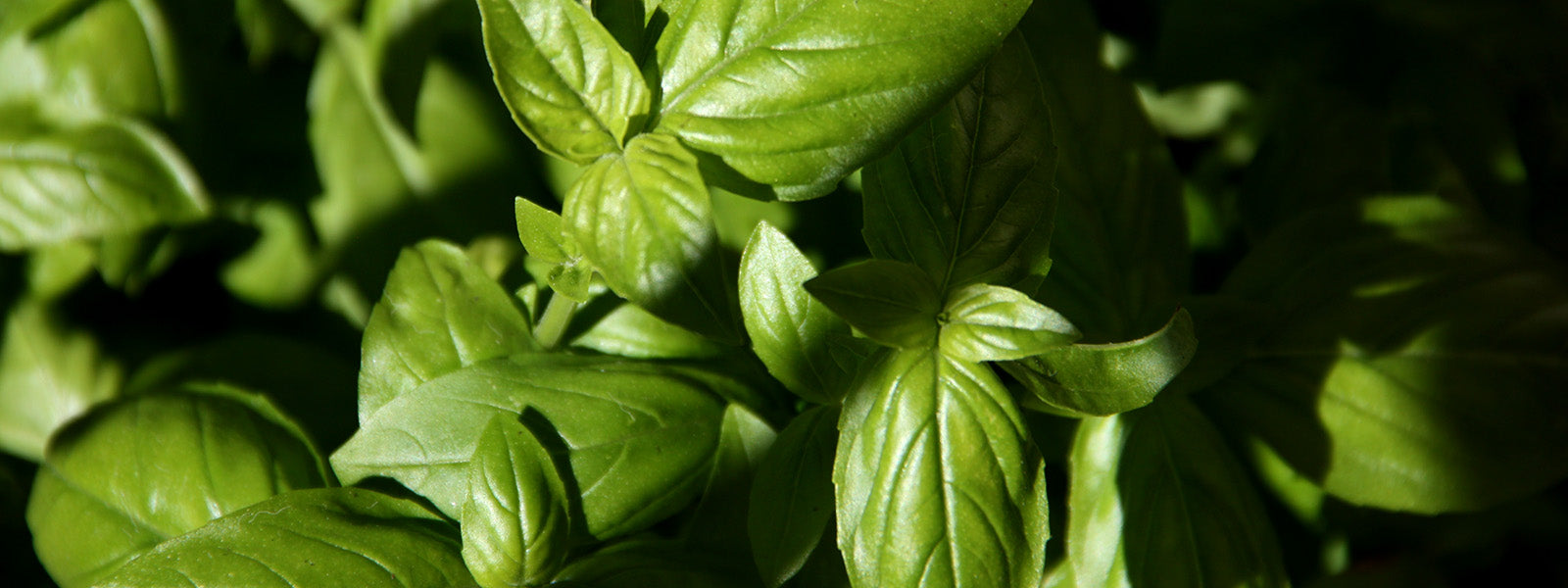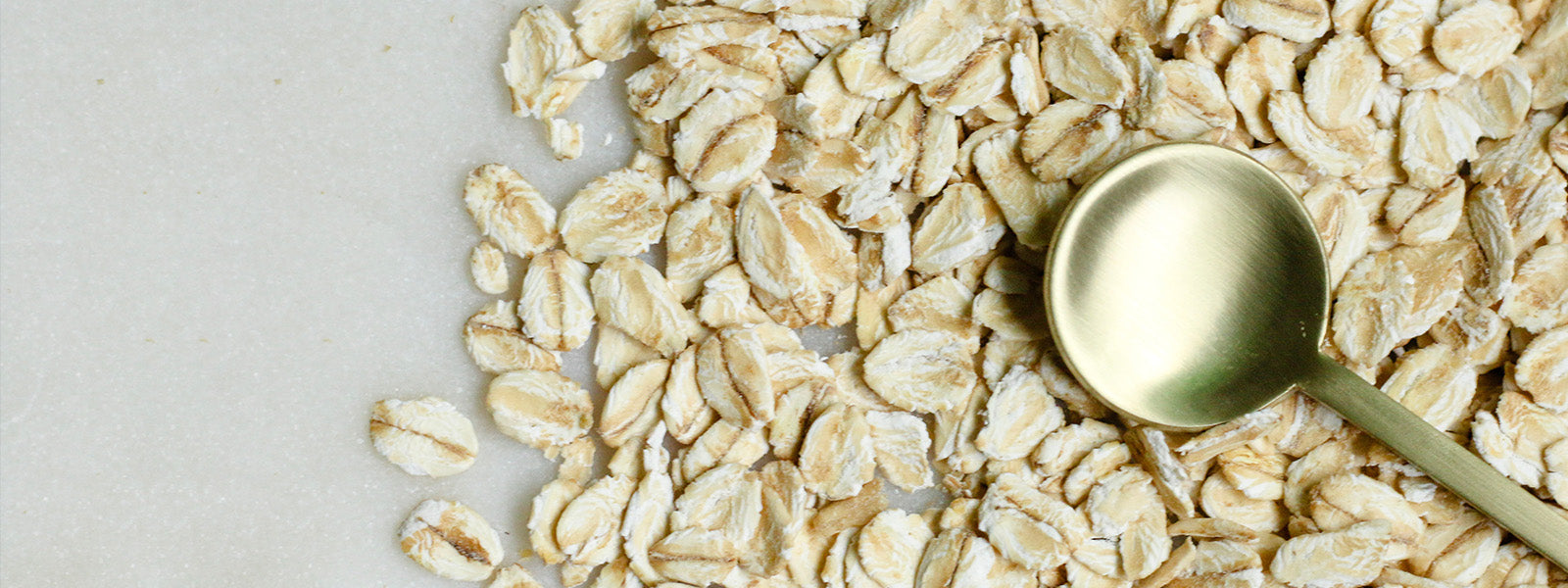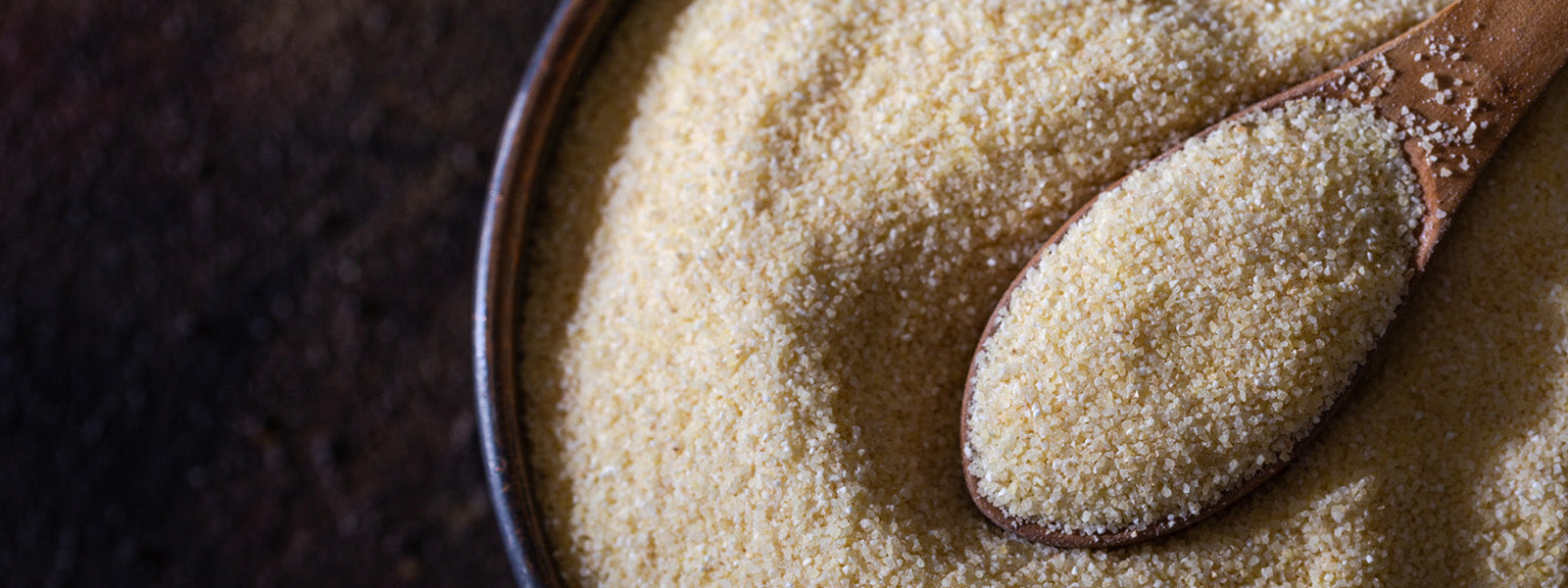Ashwagandha is an important herb in Ayurveda, a traditional form of alternative medicine. People have used it for thousands of years to relieve stress and improve energy levels and concentration. Recent studies have shown that ashwagandha can be effective in treating anxiety and depression. It may also help to improve cognitive function and reduce inflammation.
Ashwagandha is an ancient herbal remedy that has been used for centuries in India and other parts of Asia. The plant is a member of the nightshade family and its scientific name is Withania somnifera. Ashwagandha is sometimes called Indian ginseng or winter cherry. The herb is prized for its many health benefits, which include reducing stress, boosting energy levels, and aiding in weight loss.
Table of Contents
What is Ashwagandha?
Ashwagandha is an herb that is commonly used in Ayurvedic medicine, the traditional medicine system of India. The roots of the plant are typically used to make supplements, which are said to offer a range of benefits including improved strength and virility. Ashwagandha is also known as Indian Ginseng, due to its purported ability to improve health and well-being in a similar way to true ginseng .
Ashwagandha has been used in Ayurvedic medicine for centuries, and is prized for its purported ability to bolster strength and vitality. The root of the plant is most commonly used in supplements, and is said to have a horsey smell.
This herb is believed to offer numerous benefits, including improved cognitive function, reduced stress levels, and enhanced immune system function. Additionally, ashwagandha is sometimes used as a natural treatment for anxiety and depression.
What are Ashwagandha main benefits?
Ashwagandha is a popular herb that has been used for centuries in traditional medicine. It is best known for its anxiety-relieving and stress-reducing effects. Ashwagandha has also been shown to reduce cortisol levels, and this effect is supported by a number of studies.
In addition, a growing body of evidence supports the efficacy of ashwagandha for improving total sleep time and sleep quality in people with and without insomnia. Ashwagandha is also becoming increasingly popular among athletes due to its ability to improve VO2max and upper and lower body strength.
What are Ashwagandha main drawbacks?
Ashwagandha is generally considered to be safe for most people when taken in small doses. However, it can cause some side effects, such as drowsiness and sedation, in some people. If you experience any of these side effects, it is best to discontinue use of ashwagandha and speak with your healthcare provider. Additionally, more long-term research is needed to fully evaluate the safety of ashwagandha. Therefore, if you are considering taking this herb, it is important to speak with your healthcare provider first.
How does Ashwagandha work?
The reason that ashwagandha is so effective in treating anxiety and stress is because it contains a number of bioactive compounds, including alkaloids, flavonoids, glycosides, steroids, and steroidal lactones. The withanolides present in the plant are believed to be responsible for its many benefits. Ashwagandha has been shown to be effective in reducing anxiety and stress by helping to regulate the levels of cortisol in the body. Cortisol is a hormone that is released in response to stress and it can lead to a number of negative health effects if it is present in high levels for extended periods of time. By regulating cortisol levels, ashwagandha can help to reduce the amount of stress.
The active compounds in ashwagandha are withanolides, which are thought to be responsible for the herb's many health benefits. Withanolides have powerful anti-inflammatory and antioxidant properties, which can help to protect the body from disease.
Ashwagandha is an ancient herb with a long history of use in traditional Indian medicine. In recent years, it has gained popularity for its purported ability to improve sexual function and boost testosterone levels.
Ashwagandha may also improve reproductive health by increasing levels of testosterone. This effect is more notable in men with infertility and low testosterone levels, but preliminary evidence suggests ashwagandha may boost testosterone levels in healthy men.
How to Take Ashwagandha?
Ashwagandha is an Ayurvedic herb with a wide range of health benefits. The roots and berries of the ashwagandha plant can be consumed for their medicinal properties, but you're more likely to find ashwagandha in supplement capsules, tablets, powders, tinctures, or teas.
Drinking ashwagandha tea is a great way to introduce the herb into your diet gently, and it can also help contribute to your overall hydration levels—something that's crucial for good health. If you want to get more creative with your ashwagandha consumption, you can mix the powder into nut butters, granola, smoothies, or overnight oats.












Leave a comment